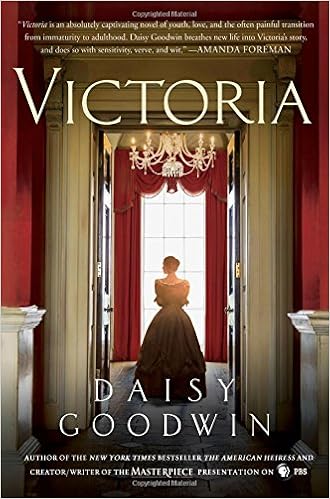
A Study in Scarlet Women- Sherry Thomas
Berkley
Release Date: October 18, 2016
Rating (out of 5):
📚📚📚📚
Synopsis: With her inquisitive mind, Charlotte Holmes has never felt comfortable with the demureness expected of the fairer sex in upper class society. But even she never thought that she would become a social pariah, an outcast fending for herself on the mean streets of London.
When the city is struck by a trio of unexpected deaths and suspicion falls on her sister and her father, Charlotte is desperate to find the true culprits and clear the family name. She’ll have help from friends new and old—a kind-hearted widow, a police inspector, and a man who has long loved her.
But in the end, it will be up to Charlotte, under the assumed name Sherlock Holmes, to challenge society’s expectations and match wits against an unseen mastermind.
_____________________________
Just when you think there can be no possible new take on Sherlock Holmes, along comes Sherry Thomas with her Lady Sherlock series to prove you wrong. The first in a promised series, A Study in Scarlet Women follows Charlotte Holmes, youngest daughter of a Society family and a young woman who doesn't fit in society or the confined role for women of the day. When her dream of becoming headmistress to a school (and therefore relatively independent) falls apart, Charlotte takes steps to ensure she isn't "marriage material". The ensuing scandal ends with Charlotte running away from home to try to make her own way in a world that doesn't make it easy. She proves to be stronger and more resourceful in the face of adversity than she (or anyone else) expected, and a twist of seemingly good fate lands her the position as companion to Mrs. Watson. Not entirely conventional herself, Mrs. Watson sees Charlotte's ability to notice details and deduce facts not as something to be stifled, but as a way for Charlotte to become fully herself. On discovering that Charlotte has created the identity of "Sherlock" Holmes to help a police inspector through occasional correspondence, Mrs Watson encourages "Sherlock" to set up as a private detective.
"Sherlock" makes his name by declaring that the seemingly natural and unrelated deaths of Lady Amelia, Lady Shrewsbury, and Mr. Sackville are, in fact, premeditated murder. Both Charlotte's father and older sister Livia are under suspicion and it's up to Charlotte, Mrs Watson, police inspector Treadles and Lord Ingram (with help from his shadowy and mysterious older brother Bancroft) to solve the murders.
Study does an excellent job of weaving together nods to the traditional Sherlock Holmes stories with wholly original, fresh characters and mystery. Thomas doesn't hide any of the facts from readers but allows them to work alongside the characters to try and piece together motives, red herrings, and relevant facts. The writing is lovely: descriptive and absorbing. Characters are intricate and also often more likable than the originals. Charlotte may be socially awkward but is not the abrupt, aloof, and (let's face it) obnoxious Sherlock that we are used to. Mrs Watson is open, friendly, colorful, and supportive. In many ways she becomes the mother figure Charlotte always needed: encouraging Charlotte's interests and abilities, teaching her to learn to value herself as an individual, and understanding her need for independence. The two are more kindred spirits than you would first assume. Inspector Treadles is not relegated to playing second fiddle but is an active investigator. Instead of relying on "Sherlock" for all the answers he is out talking to people, testing and experimenting to separate lies and truths, motives and simple jealousies. The help he needs generally comes from not being connected to the world of Society that the victims moved in and not having knowledge of the scandals of their pasts.
The writing and mystery of Study is subtle and I think it will take several rereads to discover all the hidden gems within. The growth of characters like Charlotte and Livia make me eager for the next book in the series to see how they continue to gain confidence and independence under difficult situations. The intricacy of the mystery make me excited to see what Thomas has in store for Holmes' next big case.
Not only an excellent and unique take on Sherlock Holmes, but also just an all around great historical mystery! Full of twists and surprises, A Study in Scarlet Women keeps you on your toes until the very end. A must read for mystery lovers!

![When All The Girls Have Gone by [Krentz, Jayne Ann]](https://images-na.ssl-images-amazon.com/images/I/51n-96WLQrL.jpg)

![How to Train Your Highlander (Broadswords and Ballrooms Book 3) by [English, Christy]](https://images-na.ssl-images-amazon.com/images/I/513ZhdLlb9L.jpg)
![Mistletoe, Mischief, and the Marquis (The Heirs' Club) by [Grey, Amelia]](https://images-na.ssl-images-amazon.com/images/I/51wzQ0b351L.jpg)




![Baron (The Knickerbocker Club) by [Shupe, Joanna]](https://images-na.ssl-images-amazon.com/images/I/51fDNawOW5L.jpg)